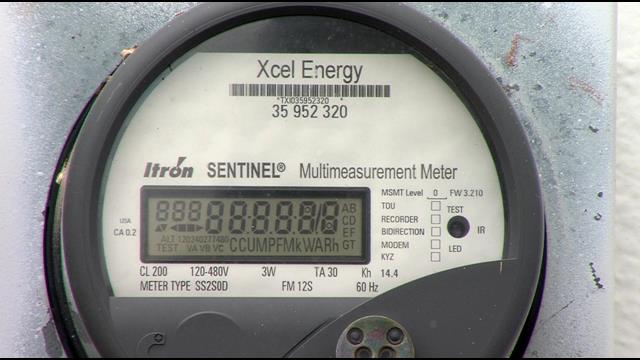By Brit Naas
A major stipulation of Xcel’s Colorado Energy Plan (CEP) is a reduction in the utility’s coal fired generation. If the Public utilities Commission approves the plan, Xcel will close Comanche Units 1 and 2, which combined are capable of providing 660 megawatts of electricity. In compliance with the CEP, Xcel hopes to replace this lost capacity with natural gas, solar, and wind generation.
Additionally, Xcel plans to continue the transition away from coal toward a portfolio powered predominantly by intermittent energy sources. With such an influx of solar and wind generation, natural gas will have to remain an integral part of the utility’s portfolio to ensure grid reliability.
The utility claims this transition will save ratepayers money. Don’t be fooled. According to the Federal Energy Regulatory Commission (FERC), the coal fired Comanche Power Station (units 1, 2, and 3), which is also the largest in the state, produces electricity at a lower cost than existing base load natural gas plants. In fact, it produces power at 42 percent less than the least costly natural gas plant. Yet, Xcel still wants to shut down and replace Comanche 1 and 2 with another more costly, base load generation source.
| Utility Name | Plant Name | Type | Size (MW) | 2017 Production Expense | |
| Black Hills Service Company LLC | Pueblo Airport Generating Station | NGCC | 200.0 | $64.90 | |
| Public Service Co of Colorado | Rocky Mountain Energy Center | NGCC | 685.1 | $33.20 | |
| Public Service Co of Colorado | Cherokee | NGCC | 625.6 | $35.40 | |
| Public Service Co of Colorado | Fort St Vrain | NGCC | 867.0 | $36.00 | |
| Public Service Co of Colorado | Comanche | Coal | 1,434.6 | $23.30 | |
| Source: FERC Form 1 Data |
If you’re starting to think this switch is unnecessary, you’re correct. Simply put, the Colorado Energy Plan is a scheme. To raise its profits, Xcel hopes to increase the value of its asset base by shutting down two reliable, cost efficient coal fired units and replace them with intermittent energy sources and more expensive baseload natural gas plants.
When you hear that Xcel’s Colorado Energy Plan will save ratepayers, don’t believe it.








